For deep plowing with limited soil disturb.
Specification
| Tine | Hp | Tine Spacing |
|---|---|---|
| 3 | 50 | 3800mm |
| 5 | 80 | N/A |
Usage of a Chisel Plow
- Deep Tillage:
- The primary use of a chisel plow is for deep tillage, which involves breaking up compacted layers of soil beneath the surface. This helps loosen the soil and allows plant roots to grow deeper.
- Soil Aeration:
- By breaking up compacted soil, the chisel plow improves soil aeration, allowing air, water, and nutrients to reach the plant roots more effectively. This is especially important in heavy clay soils that tend to become compacted.
- Improving Drainage:
- The plow helps improve water drainage by breaking up hardpan layers (compact soil layers) that can impede water movement. This is crucial in preventing waterlogging in fields.
- Breaking up Hardpan:
- Hardpan refers to a dense, compacted layer in the soil that can result from over-farming or heavy machinery. The chisel plow breaks up this layer, making it easier for roots to penetrate deep into the soil.
- Weed Control:
- The chisel plow can also be used to break up the root systems of weeds, helping to control unwanted vegetation and prepare fields for planting crops.
- Soil Mixing:
- While it doesn’t turn the soil over like a moldboard plow, the chisel plow does mix the soil layers, which can help incorporate crop residues or organic matter into the soil.
Working Process
- Attachment:
- The chisel plow is typically attached to a tractor or other suitable machinery. It uses a series of pointed shanks (chisels) that are mounted on a frame. These shanks penetrate deep into the soil during operation.
- Shank Depth and Spacing:
- The depth of the shanks can be adjusted, depending on the soil conditions and the desired level of tillage. The spacing between the shanks also affects the operation, as wider spacing allows for deeper penetration while narrower spacing can cover a wider area.
- Operation:
- As the tractor moves forward, the chisel plow digs into the soil, breaking up the compacted layers beneath the surface. The soil is not turned over like with traditional plowing; instead, it is loosened and aerated, which reduces the risk of erosion.
- Hydraulic or Mechanical Adjustment:
- Many chisel plows feature hydraulic or mechanical systems that allow operators to adjust the working depth and angle of the shanks while in use, depending on the soil type and requirements.














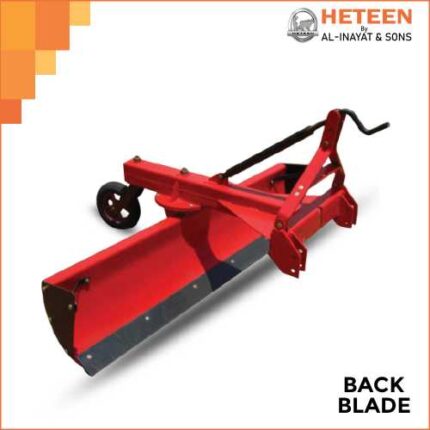


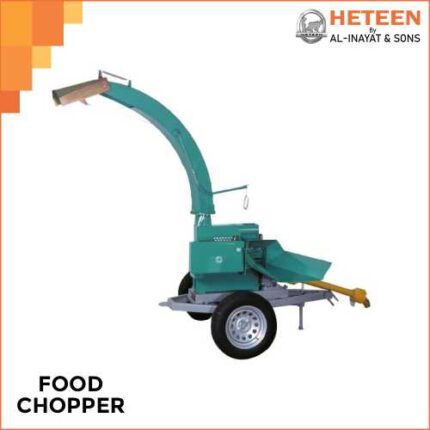
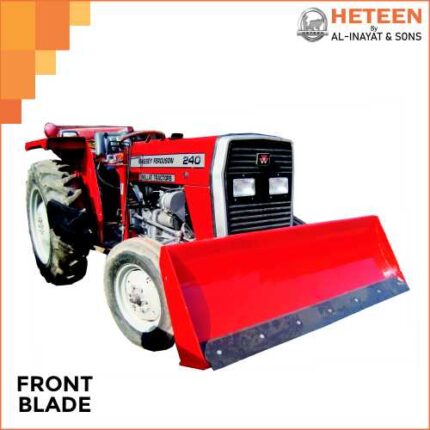
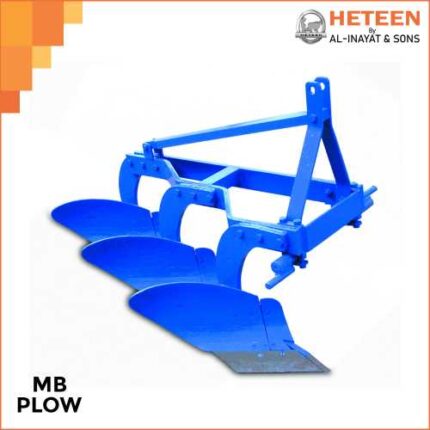
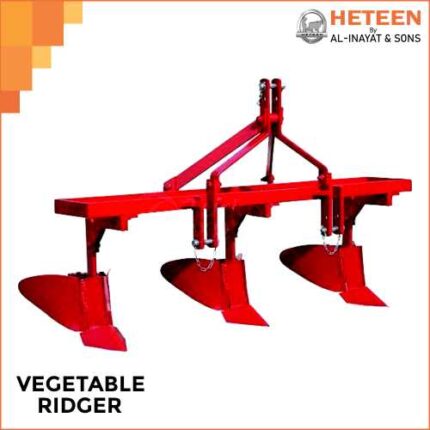
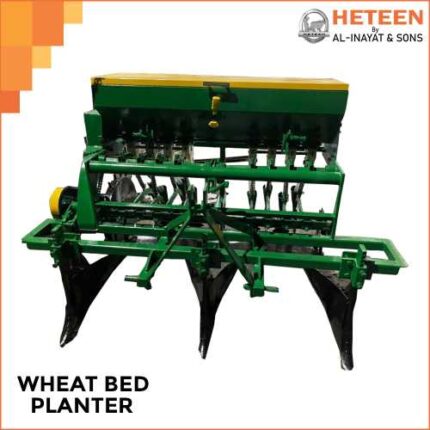
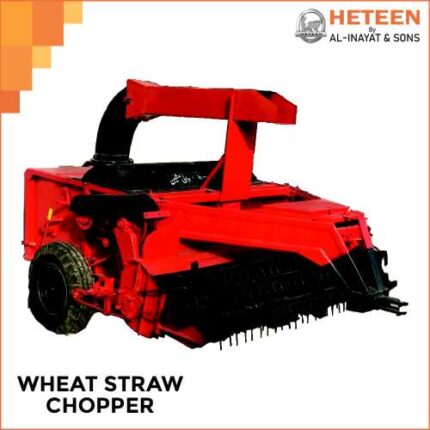

Reviews
There are no reviews yet.